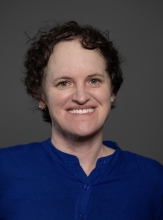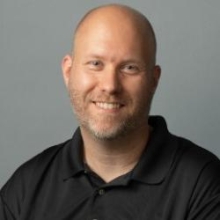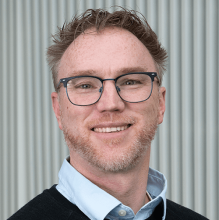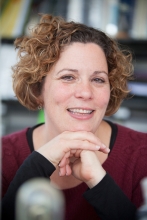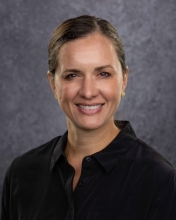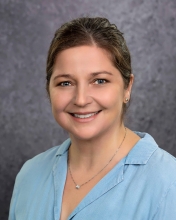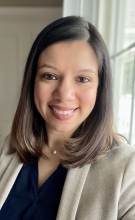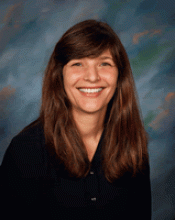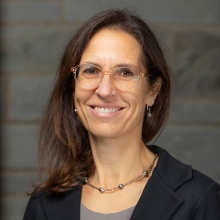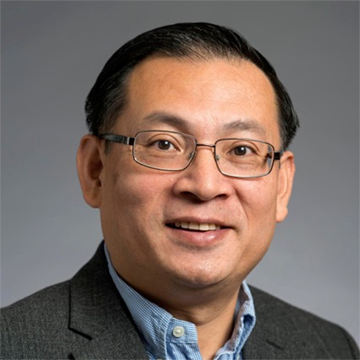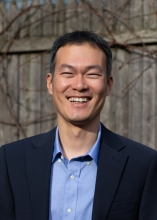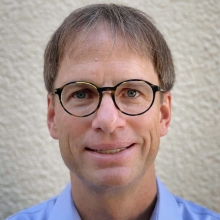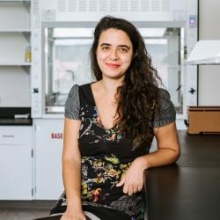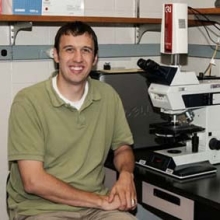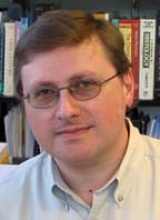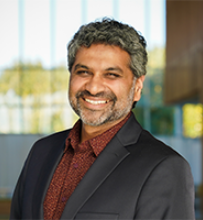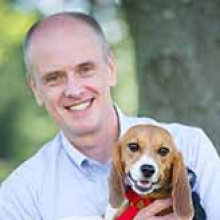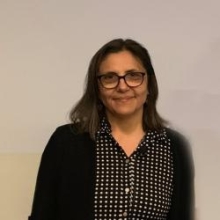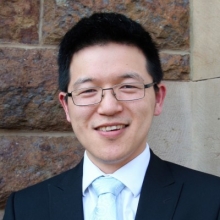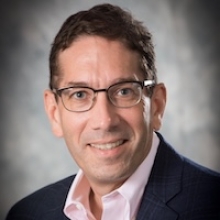In addition to the BBS faculty that research stem cell biology listed below, Cornell has a Stem Cell Program. The Cornell Stem Cell Program was founded on the unique strengths of the Cornell research community with its unparalleled cross-disciplinary collaborations and strong basic and comparative biomedical science programs. The CSCP incorporates over 50 laboratories across Cornell University Ithaca campus, closely interacts with the Center for Vertebrate Genomics, and is supported, in part, by the NYSTEM program of the New York State Department of Health.
| Faculty Name and Picture | Research Area(s) |
|---|---|
|
Carolyn Adler | Stem cell biology in planarian flatworms; organ regeneration; transcriptional and cell biological responses to tissue injuries; animal behavior - lab |
|
Nicolas Buchon | Host/microbe relationships and control of intestinal stem cell behavior in homeostasis and disease - lab |
|
Jonathan Butcher | Mechanobiology of development; developmental signaling reactivation in adult cardiovascular diseases; tissue engineering and regeneration - lab |
|
Paula E. Cohen | Etiology of spontaneous birth defects in mammals; mechanisms of meiotic recombination; DNA repair proteins in meiosis and recombination; germ cell development; ovarian development - lab |
|
Aimee Colbath | therapeutic interventions for musculoskeletal disease including osteoarthritis, fracture repair and tendon/ligament disease |
|
Michelle Delco | Investigating mitochondria as a link between cartilage trauma and osteoarthritis to understand how joint injury leads to arthritis in horses and humans |
|
Anushka Dongre | Epithelial-Mesenchymal Transition as a driver of resistance to anti-tumor immunity - lab |
|
Maria Julia Bevilaqua Felippe | Cellular and molecular mechanisms involved in B-cell response; neonatal immunology and response to vaccination; immunomodulation using biologic response modifiers; cancer immunotherapy; characterization of primary and secondary immunodeficiencies - lab |
|
Claudia Fischbach-Teschl | Tissue-engineered model systems for analysis of microenvironmental conditions fundamental to cancer pathogenesis and therapy - lab |
Shaoyi Jiang | design and development of functional zwitterionic materials for biomedical and engineering applications |
|
Jongmin Kim | Gene silencing in germ cells. - chromatin structure and transcriptional fidelity in spermatogenesis. |
|
Jan Lammerding | Cellular biomechanics; mechanotransduction; cell migration; muscular dystrophy and cancer cell biology - lab |
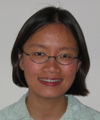
| Molecular genetics of aging; signaling pathways of nutrient sensing; molecular basis of stress response - lab |
|
Eirene Markenscoff-Papadimitriou | gene-regulatory mechanisms that generate diversity during brain development; probe function of human genetic variants linked to autism - lab |
|
Andrew Miller | Anatomic pathology; small and large animal neuropathology; CNS tumorigenesis; disease diagnostics; stem cell pathology - lab |
|
Alexander Nikitin | Stem cells and cancer; pathogenesis of ovarian and prostate cancers; modeling of human disease in genetically modified mice and human organoids - lab |
|
Praveen Sethupathy | Functional genomics; gene regulation; molecular genetics; gastrointestinal physiology; stem cell biology; metabolic disease - lab |
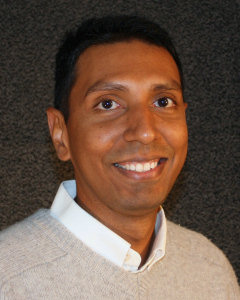 Vimal Selvaraj | Pluripotency and stem cells; regenerative medicine; animal biotechnology; technologies for wildlife conservation - lab |
|
Alexander J. Travis | Comparative biology of male germ cells; signaling and metabolism of sperm during capacitation; organization of lipid raft membrane sub-domains in sperm; applications of technologies using reproductive stem cells for wildlife conservation - lab |
|
Tudorita Tumbar | Basic cellular and molecular mechanisms implicated in cell fate choice and stem cell activity within tissues - lab |
|
Meng Wang | We use molecular biology, genetics and animal models to dissect how our metabolism gives rise to chemicals that damage our DNA- Wang Lab |
|
Robert S. Weiss | Molecular mechanisms for the maintenance of genomic stability; cellular responses to DNA damage; mouse models of human cancer - lab |
|
| Cancer biology; stem cell biology; biochemistry and cell biology - lab |



